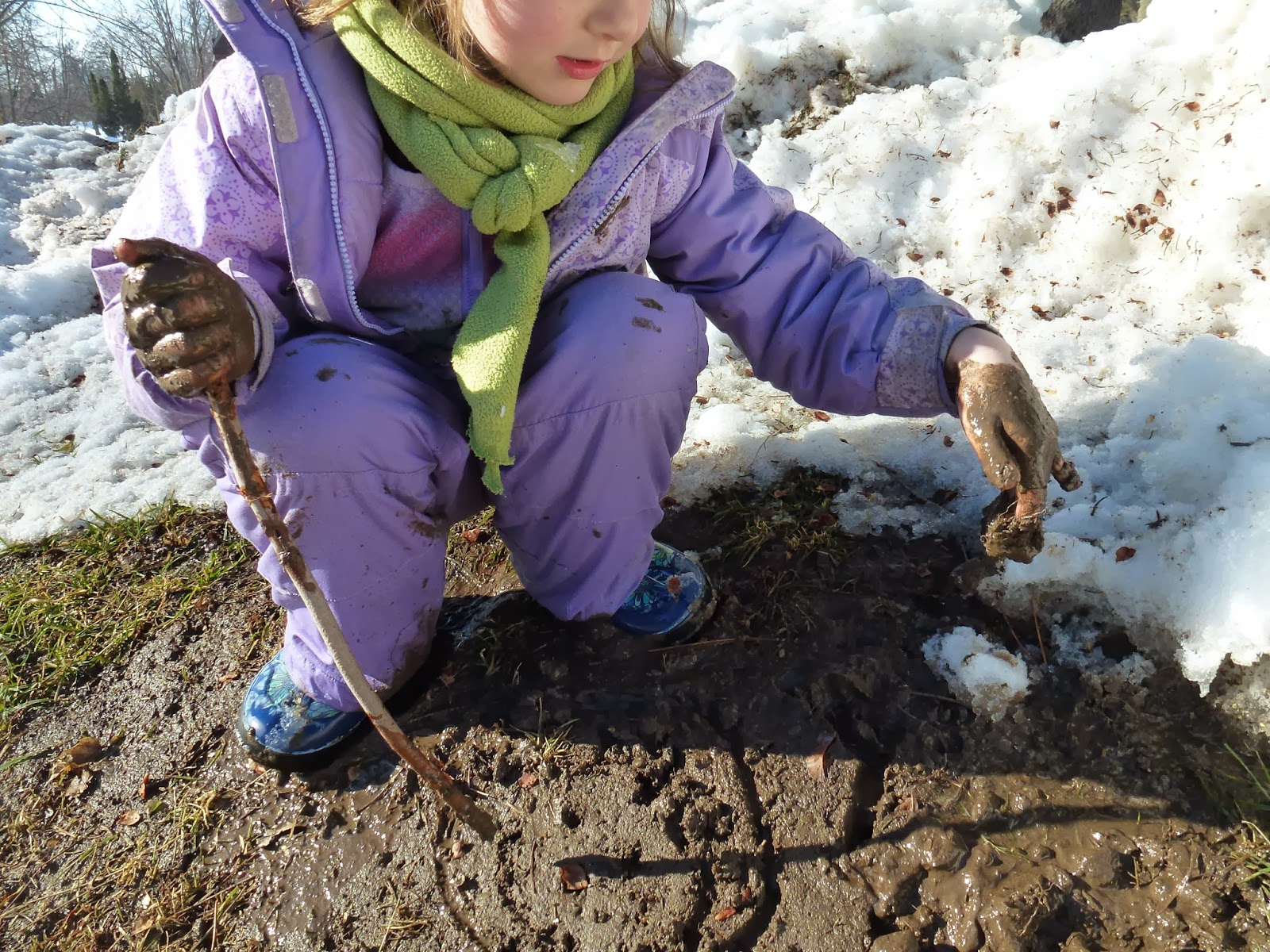4-PART PRACTICAL HERBALIST SERIES
Cost: $200 ($140/workshops plus $60/materials) - Pre-registration required
Cost: $200 ($140/workshops plus $60/materials) - Pre-registration required
An exciting unique
4-part series, that includes 12 hours of instruction and hands-on learning,
plus some "home" assignments between sessions. Workshops will be held on 4 Saturday
mornings, from June to September. This
series is led by Karin Kliewer (Master Herbalist) at Little City Farm in
Kitchener.
AT THE END OF THIS SERIES YOU WILL HAVE GAINED:
- confidence and knowledge of growing and using basic medicinal herbs at home
- a well-stocked pantry of simple effective herbal home remedies you have made
- hands-on experience making 10+ herbal products (e.g. oils, salves, poultices, liniments, decoctions, tinctures, cough syrups, etc)
- familiarity with 20+ medicinal herbs (see list of “focus herbs” for each session below)
- guidelines for herbal dosages, basic herbal first aid for home use
- general understanding of plant identification and ethical wild harvesting
- hands-on experience harvesting, storing, drying and using medicinal herbs including leaves, blossoms, roots, berries, seeds and bark
- basic understanding of herbal gardening, herbal propagation, planting and seed saving
- simple outline for starting your own medicinal herb garden at home
- knowledge of where to source quality herbs and herbal product-making supplies
- a collection of herbal recipes, hand-outs and other useful resources
- a network of other community members interested in natural herbal healing
Please see below for
more details on topics we will cover in each session
This Practical Herbalist Series is limited to 10
participants. One goal of this series
is to create a continuous small-group shared learning environment, so priority
will be given to participants who can commit to taking all 4 sessions. For
questions, or registration please contact Karin at: info@littlecityfarm.ca / or
519-575-9174.
PRACTICAL HERBALIST SERIES DATES & DETAILS:
Session 1: Spring
Leaves - Sat, June 14 from 9-12
noon
In this session you will learn: how to properly identify and harvest herbs; ethical wild harvesting; basic herb gardening (planting and propagating herbs); 10 medicinal herb teas to grow at home; drying & storing herbs; general guidelines for using herbal leaves, flowers, roots, berries, seeds and bark; setting up your herbal home medicinal making space; and making herbal infusions. Our focus herbs will be red raspberry leaf, lemon balm, peppermint and nettle.
In this session you will learn: how to properly identify and harvest herbs; ethical wild harvesting; basic herb gardening (planting and propagating herbs); 10 medicinal herb teas to grow at home; drying & storing herbs; general guidelines for using herbal leaves, flowers, roots, berries, seeds and bark; setting up your herbal home medicinal making space; and making herbal infusions. Our focus herbs will be red raspberry leaf, lemon balm, peppermint and nettle.
Session 2: Summer
Blossoms - Sat, July 12 from
9-12 noon
In this session you
will learn: guidelines for using herbal remedies externally; making herbal
medicinal oils, salves, poultices and liniments; basic herbal first aid. Our focus herbs will be calendula,
lavender, red clover, marsh mallow, comfrey and plantain.
Session 3: Fall
Harvest - Sat, Aug 9 from 9-12
noon
In this session you
will learn: herbs for radiant hair and skin care; herbal baths for children;
making herbal shampoos, face creams, scrubs, and facial cleansers. Our focus
herbs will be rosemary, chamomile, yarrow, witch hazel and rose.
Session 4: Winter
Roots - Sat, Sept 13 from 9-12
noon
In this session you
will learn: herb seed saving; guidelines for using herbal remedies internally;
general herbal dosage information for children and adults; herbal winter
remedies for colds and flu; making herbal decoctions, tinctures, cough syrups
and lozenges. Our focus herbs will
be sage, elderberry, rosehip, slippery elm, fennel and echinacea.













































